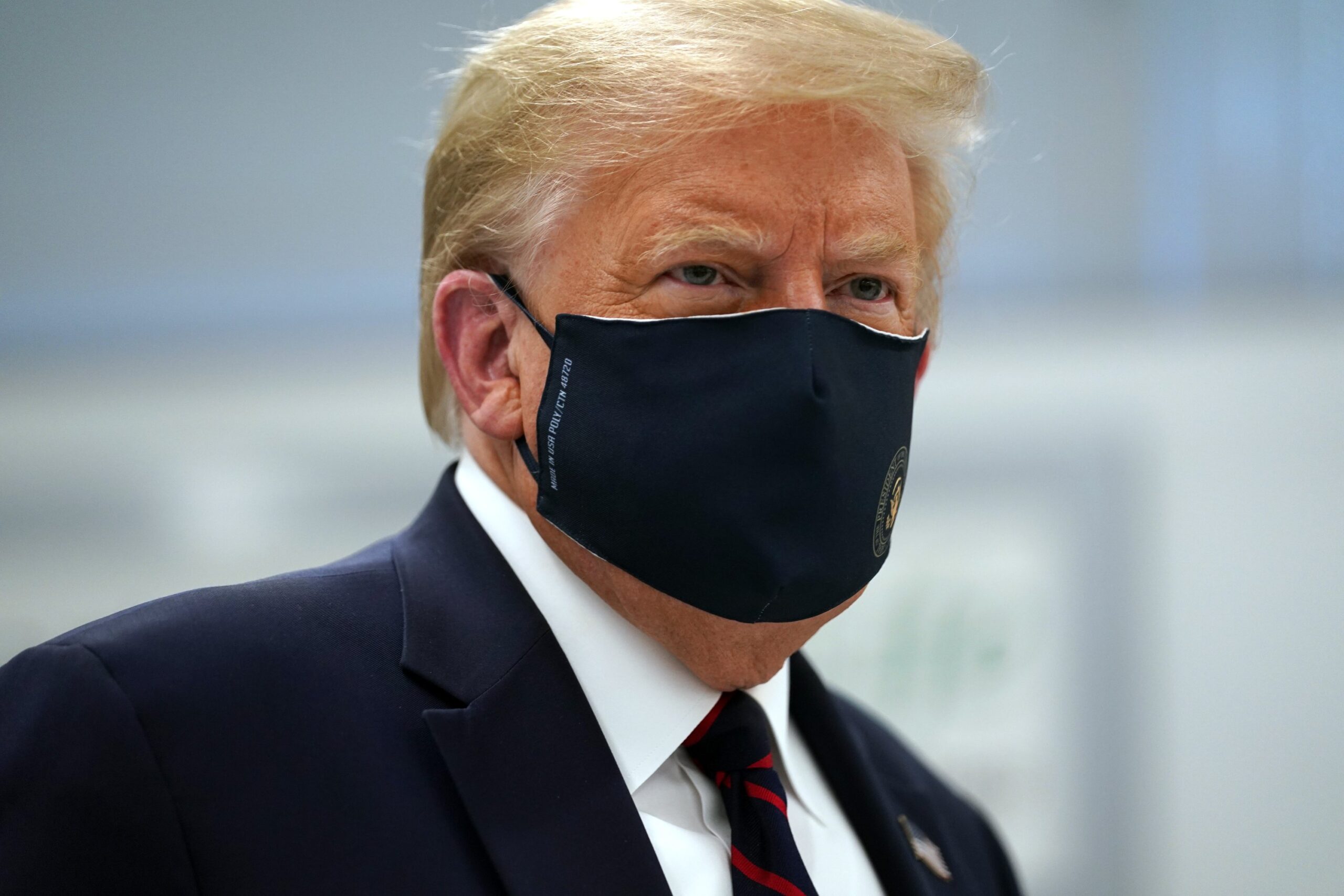
Trump’s COVID-19 Infection Flips the Election Script
Early on Friday morning, U.S. President Donald Trump announced that he and his wife, Melania Trump, had tested positive for the coronavirus. They were tested after learning that the White House advisor Hope Hicks—who spends a significant amount of time in the Oval Office and traveling with the president—had been infected. Trump said that he and the First Lady were both feeling fine and would immediately quarantine at the White House.
How long has the president been infected? The 1 a.m. announcement immediately prompted questions about the timing of Trump’s infection and whether others he has been in close contact with might have been exposed—including his rival, Joe Biden, who shared the stage with Trump at the presidential debate held on Tuesday night.
Hicks is a key member of Trump’s inner circle. She flew with Trump to Pennsylvania for a weekend rally and to Cleveland for the Tuesday debate. According to the Washington Post, Hicks has been in close proximity to the president and other top officials. She was photographed without a mask at the Pennsylvania rally with other Trump aides and in Cleveland disembarking from Air Force One. She tested positive after showing symptoms at a Wednesday rally in Minnesota and was reportedly quarantined on the plane going home.
After learning that Hicks had tell-tale symptoms of COVID-19, the president did not stop campaigning. “Trump and his entourage flew Thursday to New Jersey, where he attended a fundraiser at his golf club in Bedminster and delivered a speech. Trump was in close contact with dozens of other people, including campaign supporters, at a roundtable event,” according to the Post, and he reportedly did not wear a mask at the golf course event or on the plane.
Will it change the state of the race? The news of Trump’s infection could jolt the race just one month before the election, but much will depend on the severity of his illness. Given that Trump has repeatedly downplayed the dangers of the virus and shown hostility toward mask mandates—while pushing a message of economic optimism and reopening—his illness may have an impact on voters’ perceptions.
